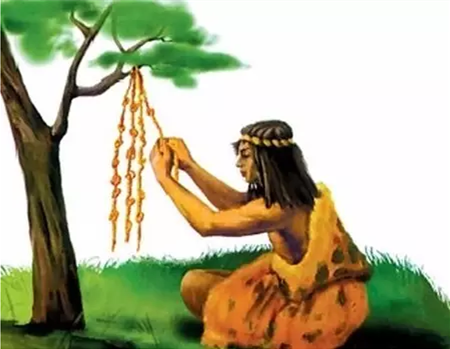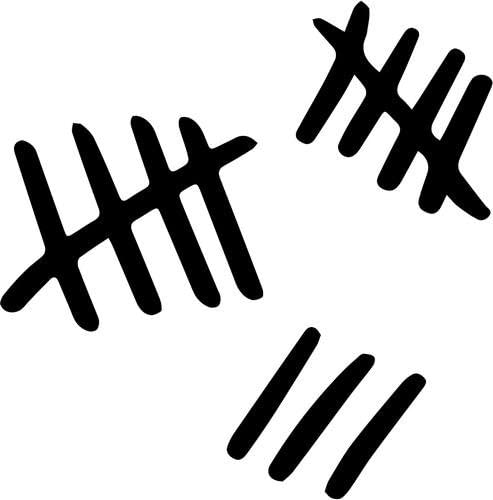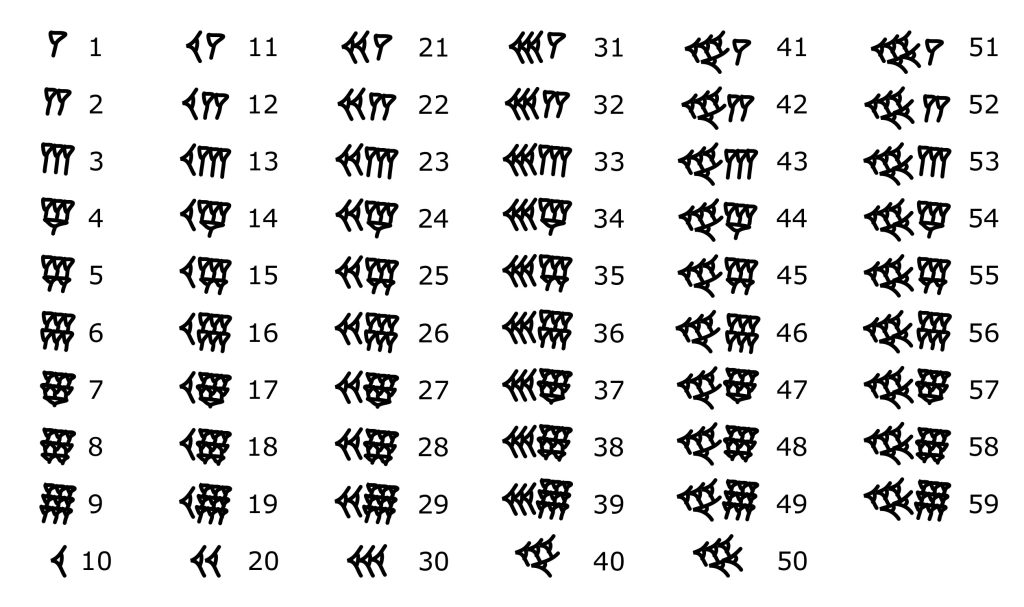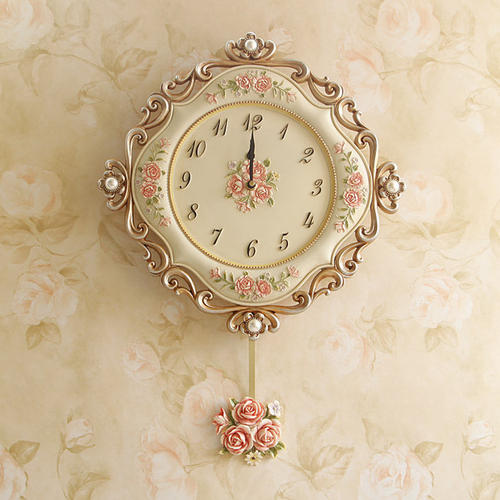
Why Do We Use Decimal Numbers
This is the second episode for the Binary Numbers And Computers series. Here is the previous episode.
In this episode, instead of talking about binary numbers, let’s take a step back and first look at decimal numbers – the numbers we use everyday.
Numeral systems
We introduced binary numbers in our previous episode. Binary number is a positional base-2 numeral system. This means when a digit reaches 2, it converts to a higher digit. We use decimal numbers in our daily lives. It is a positional base-10 numeral system. When a digit reaches 10, it converts to a higher digit.
Binary Numbers and Decimal Numbers are two examples of numeral systems.
Why do humans use decimal numbers
“So why do we use the decimal numeral system in the first place?” I asked my son.
“Well, those are natural numbers right?”
“Not really. Let me first describe how numbers were invented. Or more precisely, how number representations were invented.”
In the prehistoric times, before numbers were invented, there were certainly needs to represent numbers. For example, prehistoric humans might want to record how many animals they captured in hunting. So what did they use?
Tally marks

Knotted Cords

Let’s say a brave human (Let’s call him V) captured 5 animals on a good day. He tied 5 knots. His mates looked at the cord and knew how V was doing. After a year, V captured 257 animals. What should he do to record that number? He could tie 257 knots. What was the problem with that?
“He needed to tie 257 knots. And whoever looked at it needed to count all of them to get the number.” Son said.
“Exactly. It would be too much work for both the one recording it and the one counting it.”
So instead, whenever V reached 10 animals, he used another cord to record the tens. If there were 5 knots on the tens cord, and 9 knots on the ones cord, the number was 59. Instead of tying and counting 59 knots, V only needed to tie 14 knots. The benefit would be much higher if the number was in the hundreds and thousands. This was the natural evolution of the positional number system.
“The next question is, why 10 as the base for counting? Is it possible to use something other than 10? For example, 9? 11?” I continued asking questions.
“Anything other than 10 sounds weird.” Son contemplated the possibilities.
“Well it’s weird because we are so used to using decimal numbers. Base 9 or base 11 would work just fine.”
In fact, ancient Babylonians used a sexagesimal (base-60) positional numeral system. So each digit ranges from 0 to 59.

The way we record time is the remnant of the Babylonian numerical system. One hour has 60 minutes and one minute has 60 seconds.

One can argue the base-60 system is not very convenient. After all, each digit ranges from 0 – 59, it’s quite a big range and not suitable for some use cases. Most ancient civilizations chose decimal numbers as the primary means for counting. We also know they made the choice independently since they were separated by the oceans. In theory, a base-9 system works just fine. So does base-8 or base-11. So why did humans choose decimal numbers?
